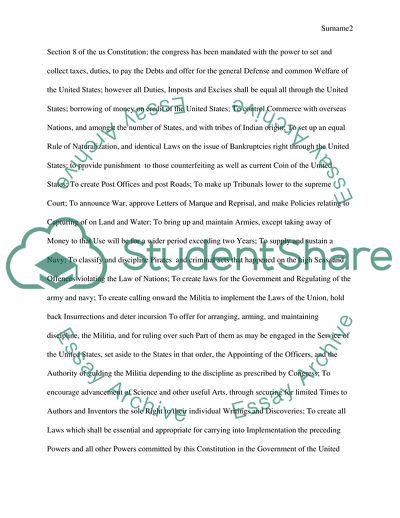Cite this document
(Federalism of Flourish the US Land Article Example | Topics and Well Written Essays - 1500 words, n.d.)
Federalism of Flourish the US Land Article Example | Topics and Well Written Essays - 1500 words. https://studentshare.org/law/1856175-federalism
Federalism of Flourish the US Land Article Example | Topics and Well Written Essays - 1500 words. https://studentshare.org/law/1856175-federalism
(Federalism of Flourish the US Land Article Example | Topics and Well Written Essays - 1500 Words)
Federalism of Flourish the US Land Article Example | Topics and Well Written Essays - 1500 Words. https://studentshare.org/law/1856175-federalism.
Federalism of Flourish the US Land Article Example | Topics and Well Written Essays - 1500 Words. https://studentshare.org/law/1856175-federalism.
“Federalism of Flourish the US Land Article Example | Topics and Well Written Essays - 1500 Words”. https://studentshare.org/law/1856175-federalism.


